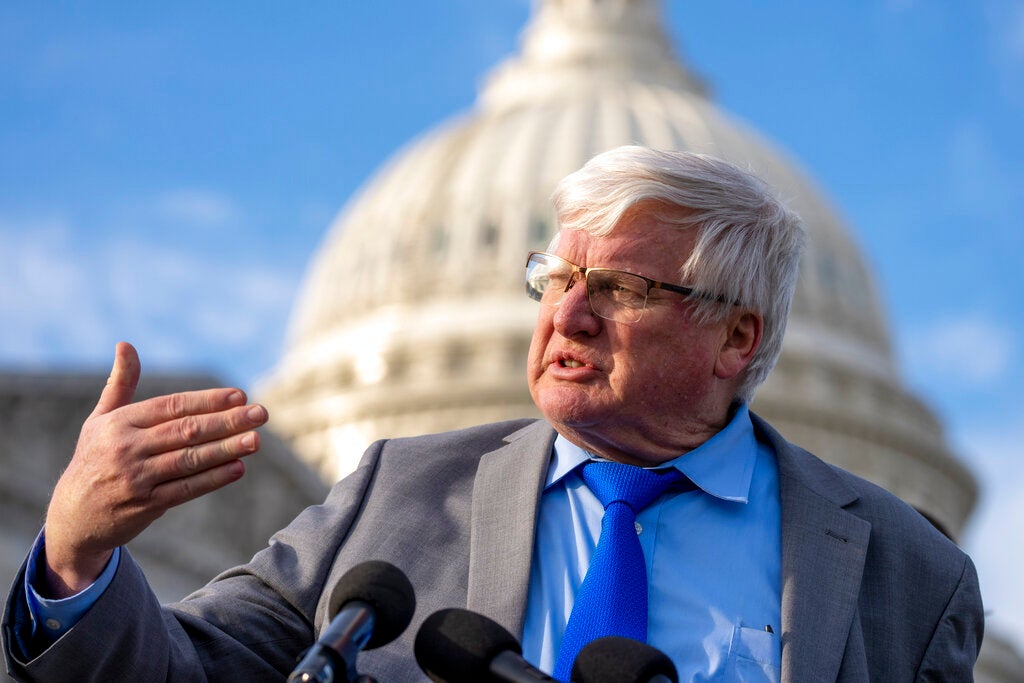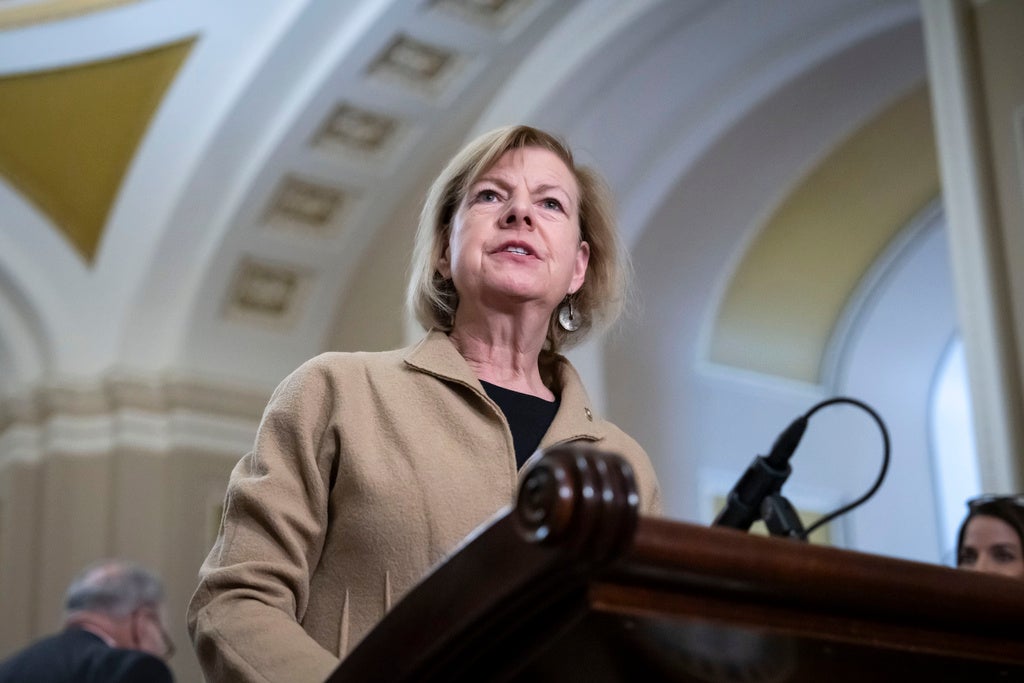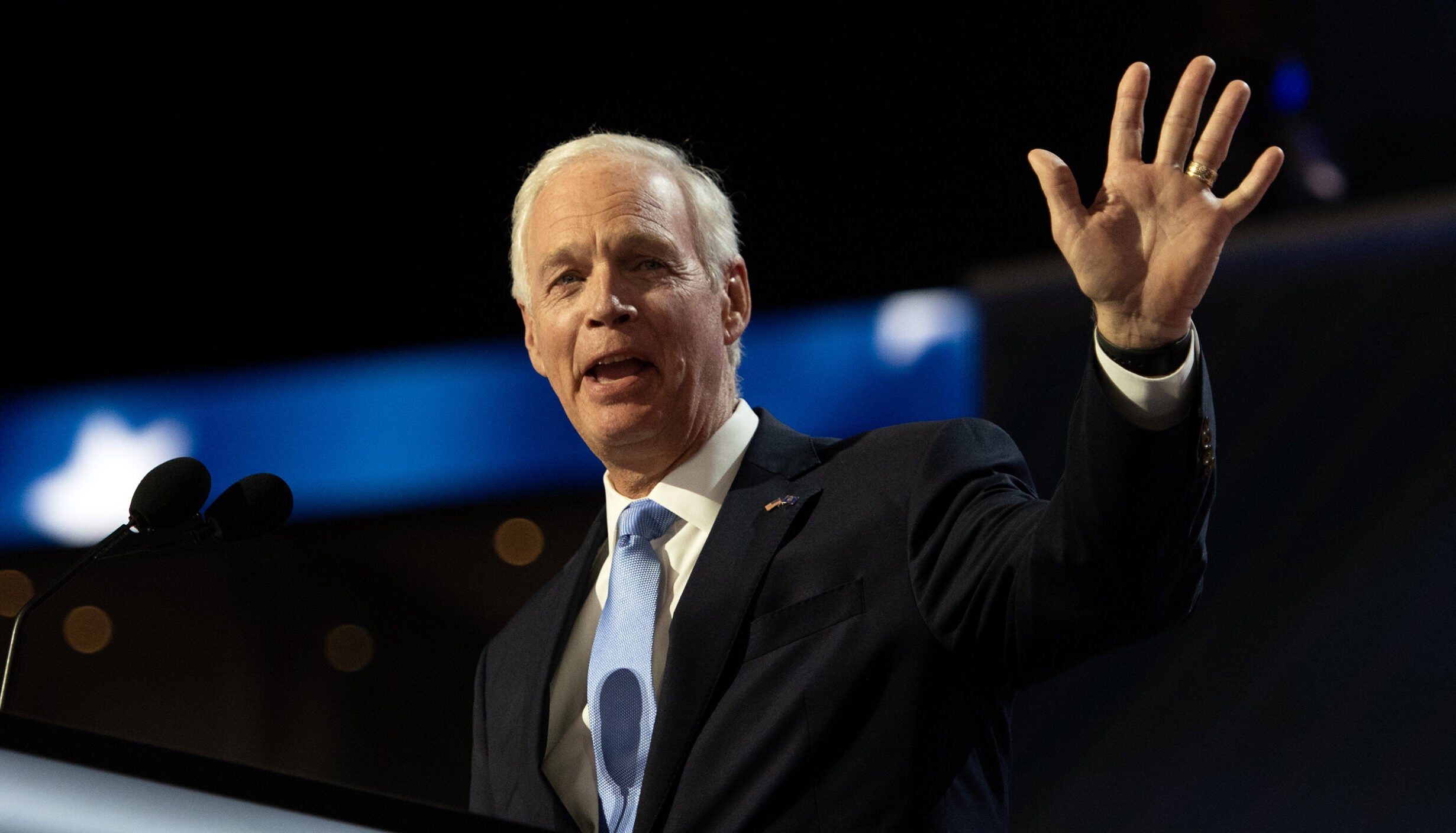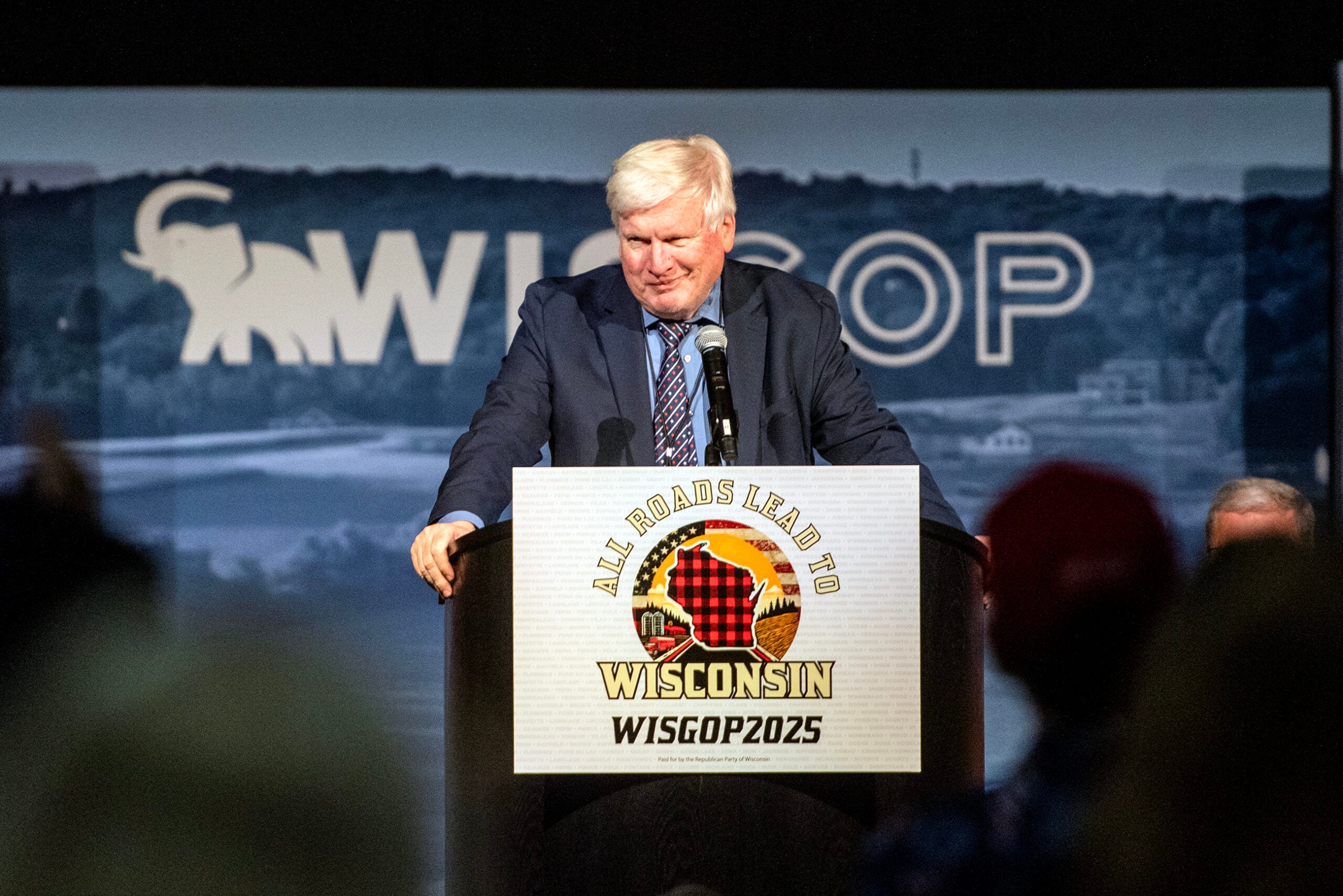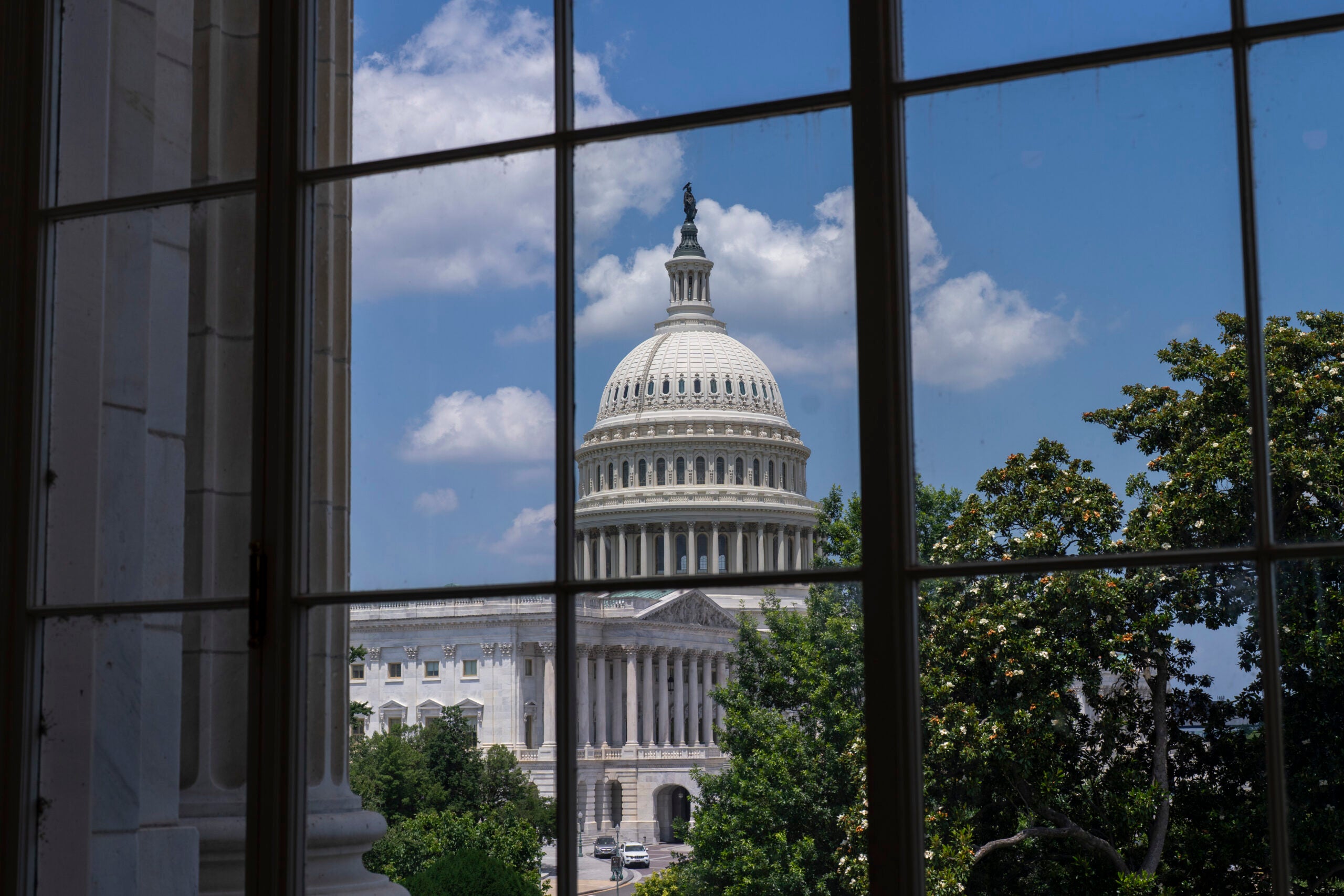A longtime Republican Congress member from Wisconsin said personal differences, not party priorities, are behind the historic removal of House Speaker Kevin McCarthy.
McCarthy was ousted in a Tuesday vote, the first time a House speaker has been removed in this way.
All of Wisconsin’s Republican U.S. Representatives voted to protect McCarthy from removal, including U.S. Rep. Glenn Grothman of Wisconsin’s 6th District.
News with a little more humanity
WPR’s “Wisconsin Today” newsletter keeps you connected to the state you love without feeling overwhelmed. No paywall. No agenda. No corporate filter.
Florida U.S. Rep. Matt Gaetz, who led the group of eight Republicans who voted for McCarthy’s removal, said the former speaker has not fulfilled his promises to conservatives, citing McCarthy’s decision to work with Democrats on a short-term spending bill to avoid a government shutdown.
Speaking with Wisconsin Public Radio’s “The Morning Show” on Friday, Grothman said he believes the vote was solely due to a personal conflict between the Congress members.
“Nobody in Washington believes that Matt Gaetz is doing this because McCarthy talked to Democrats,” Grothman told “The Morning Show.” “He’s doing it because he, on a personal level, does not like Kevin McCarthy.”
Grothman said the GOP majority in Congress wants to keep the federal government funded, in part because he believes a shutdown would hurt Republicans politically.
The House is now at a standstill until a new speaker is elected. Grothman told “The Morning Show” that the Republicans who ousted McCarthy “have no plan B.”
“They have no particular idea who was going to wind up replacing him,” Grothman said. “In addition to the outlandishness of tossing out McCarthy, if you’re going to do something that dramatic, you better know what’s going to happen afterwards. And they had no idea, they hadn’t thought about it at all.”
Grothman told WPR that he is looking for the next House speaker to be able to bring the Republican party together despite increasing divisions. While he praised McCarthy’s record in the position, Grothman said he believes the former speaker paid too much attention to the far-right Freedom Caucus.
“A lot of other people, I think, were kind of ignored, and we need somebody who can try to get everybody together,” Grothman said. “If the Republicans are going to maintain the majority, they also have to pay a little bit of attention to the Republicans who are getting reelected with 51 or 52 percent (of the vote).”
He said McCarthy’s decisions to appease the most conservative wing of the party has put Republicans in competitive districts at risk in the next election.
Grothman said he also hopes to see the next speaker take action on reforming federal welfare systems, which he described as “broken”. It’s an issue he said the GOP has forgotten about in Washington.
He said traditionally, the Republican party would vote on the next speaker in a private meeting before casting a unanimous vote in the House. But Grothman told WPR that it’s unclear whether the party will unify behind one member in a vote expected on Tuesday.
“Will everybody fall behind that vote or are some people on the losing end of the vote going to say ‘OK, now I’m going to negotiate with the elected speaker to see what else I can get,’” he said. “I think it’s gonna be harder for them to do that this time.”
Grothman said he believes Republican voters won’t support any Congress members who try to demand concessions of the next Speaker for their vote, like those McCarthy faced in January.
Texas Republican Rep. Troy Nehls briefly led an effort to nominate former President Donald Trump to the Speaker position, a move that would be allowed because the U.S. Constitution does not clarify that the leader must be a member of Congress. Trump appeared to briefly entertain the idea before voicing his support for U.S. Rep. Jim Jordan of Ohio.
When asked whether he would support Trump as the next speaker, Grothman told The Morning Show the suggestion was a publicity stunt and “an effort to suck up to President Trump.”
“Nobody thinks President Trump is going to be speaker,” Grothman said.
Wisconsin Public Radio, © Copyright 2025, Board of Regents of the University of Wisconsin System and Wisconsin Educational Communications Board.

